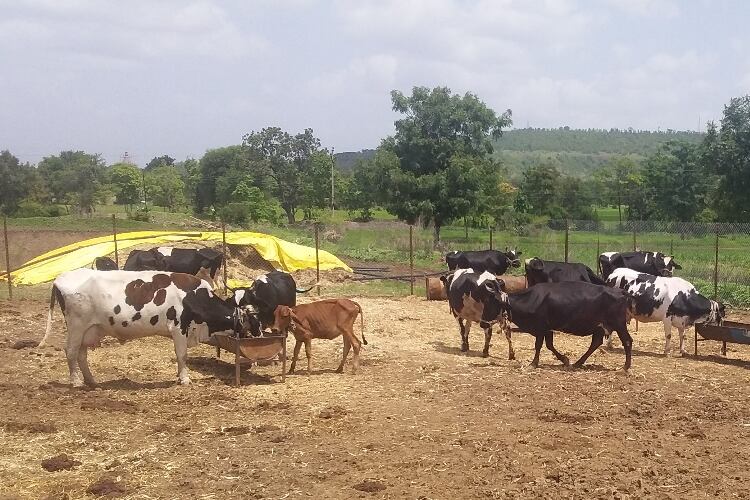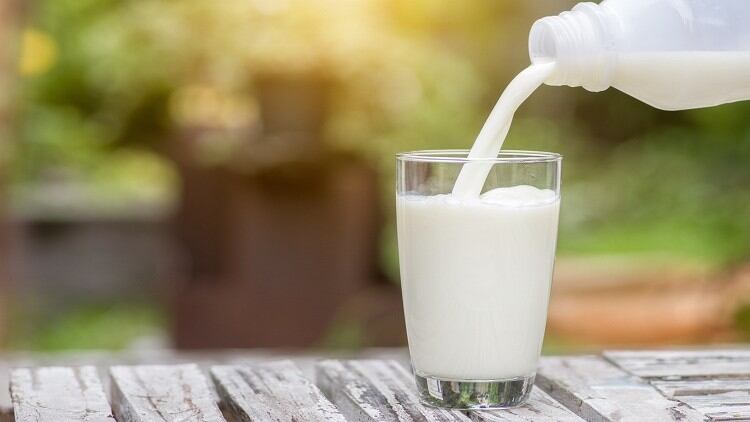Prime minister Narendra Modi attended a summit of leaders in Thailand last weekend to ratify the trade deal.
This coincided with a raft of protests erupting on the home front, especially farmers and small traders who voiced their opposition to India’s signing the free-trade agreement.
Farmers’ organizations in the country had organized millions of its members to turn out in the lead-up to the meeting to warn the government against going ahead with the inclusion of agriculture in the RCEP free-trade agreement.
Congress president Sonia Gandhi had earlier said the RCEP agreement would represent a “body blow to the Indian economy.” PM Modi had responded by assuring that India would not sign the deal unless its concerns had been fully accommodated.
He departed the Bangkok summit alone among the members not to have signed, though the door has been left open for a return to the bloc.
“India has significant outstanding issues, which remain unresolved. All RCEP participating countries will work together to resolve these outstanding issues in a mutually satisfactory way. India’s final decision will depend on satisfactory resolution of these issues," the 15 RCEP participating countries said in a statement issued afterwards.
All chapters of the agreement are now being finalized ahead of the trade deal being signed next year.
“[Following] seven years of RCEP negotiations, many things, including the global economic and trade scenarios have changed. We cannot overlook these changes,” Modi said following the meeting.
"The present form of the RCEP agreement does not fully reflect the basic spirit and the agreed guiding principles of RCEP. It also does not address satisfactorily India's outstanding issues and concerns. In such a situation, it is not possible for India to join the RCEP agreement."
RCEP is a massive FTA, initially bringing together 10 Asean countries and six—China, Japan, Korea, Australia, New Zealand, as well as India—that have trade deals with Asean. It was designed to make imports and exports hassle- and obstruction-free. The negotiations have been ongoing since 2013.
Until India’s departure, the countries together represented 50% of the global population, 25% of the world’s GDP, 30% of its trade and 26% of FDI flows.
Modi’s government had been supportive of the agreement until the Bangkok summit. According to commerce minister Piyush Goyal, the FTA was strategically important for India. At an event in Nagpur, he said that if India were to stay out of RCEP, it would be isolated from this significant trading bloc. Trade among all the countries amounts to about US$2.8tr.
Dairy not impressed
But domestic industries were not very happy with it, especially the agriculture and dairy segment.
The dairy industry is critical in India’s rural economy and India ranks first in milk production, accounting for 20% of the world’s output. The Indian dairy sector grew at a rate of 6.4% per year in the last four years, against a global growth rate of 1.7%.
Despite being the biggest contributor to agriculture GDP, the 2018-19 economic survey reveals that more than half of India’s dairy sector is unorganized, meaning local farmers without land or with smallholdings and only those involved in the dairy business. The main corporate players are mostly home-grown companies and cooperatives like Amul, Mother Dairy.
The FTA would mean a large number of foreign dairy companies would enter the market and threaten local companies, according to the dairy industry. These would struggle to match up in such a competitive market and eventually it would lead to job losses.
In addition to dairy farmers, powerful organizations like Swadeshi Jagaran Manch, a nationalist group and cousin of the ruling Bharatiya Janata Party, had raised objections over the RCEP deal. A leading official, Deepak Sharma, said if foreign players entered the market, as many as 50m dairy workers would lose their jobs.
“We have to stand clear, we oppose it. The country’s economy, employment, small-scale industries, dairy farmers, for all these sectors the agreement would be disastrous,” he told the media.
“Around 100m people are affiliated to the dairy industry, most of them are women and poor people. They would lose their jobs.”
A major research report released by the State Bank of India days before the Bangkok summit poured even more gloom on the impact of RCEP on the dairy industry.
It pointed out that India's milk and dairy imports could increase if New Zealand and Australia succeed in negotiating reduced duty on the segment’s products. At present, India levies tariffs of over 20% on dairy products. Their removal could result in dumping, especially by China.
“Just entering into agreements and focusing on tariff reduction won't help unless India takes up the task of building high value goods at competitive prices. All these factors have to be kept in mind before entering into RCEP,” the report cautioned.
Experts say India’s lack of competitiveness in exports mean it can’t take advantage of free trade agreements.
“We can’t assume free-trade agreements will alone work. We need to walk on two legs. We need a parallel process to increase trade competitiveness,” Biswajit Dhar, a professor at Jawaharlal Nehru University, who advised the government on World Trade Organisation talks, told Hindustan Times.
“Duty-free imports of milk products will take out the only commodity that gives farmers liquidity because payments are made on a daily basis,” said RG Chandramogan, chairman of Hatsun Agro Products, South India’s biggest dairy firm.
Now all leaders have departed the Bangkok summit, there are some suggestions that India will take the open door and return to the fold before the deal is signed.
“My understanding is... that India is going to continue discussions and negotiations. Our door is always open to India," Australia's Minister for Trade Simon Birmingham said after India walked out.


